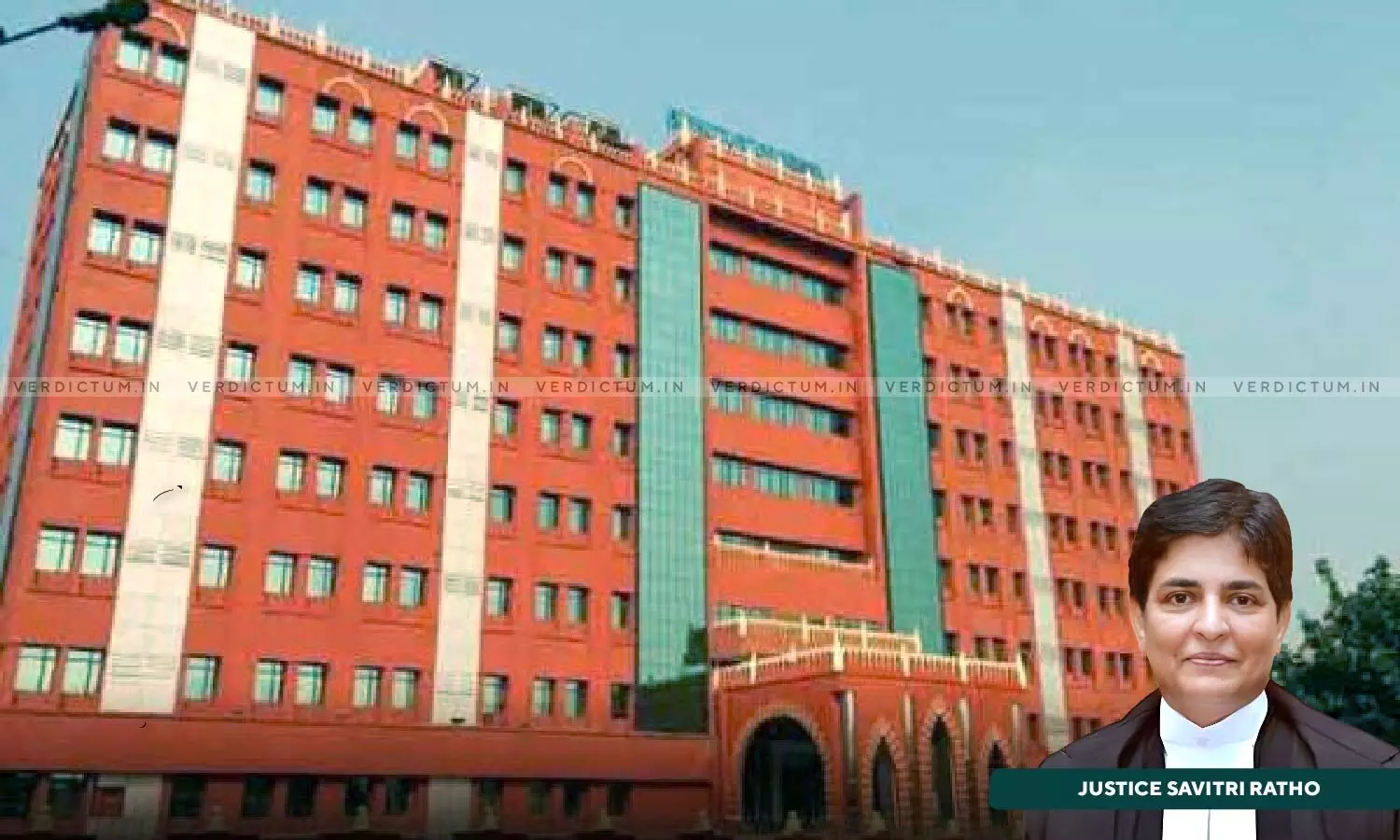
Issue Of Notice To Informant/Victim Not Mandatory When Court Is Inclined To Dismiss Bail Application In POCSO Cases: Orissa HC
 |
|The Orissa High Court held that the issue of notice to the informant/victim is not mandatory when the Court is inclined to dismiss the bail application in a POCSO case.
In consonance with the object of Section 40 of the Protection of Children from Sexual Offences Act, 2012 (POCSO Act) and Rules 4(13) and 4(15) of POCSO Rules and the spirit of Section 439 (1A) Cr.P.C., the Bench clarified that generally the prayer for bail should not be allowed without hearing the objection of the informant or victim or any person authorised by them.
A Single Bench of Justice Savitri Ratho observed, “In applications under Section - 439 of the Cr.P.C., involving offences under the POCSO Act, where the Court is of the opinion that the accused- applicant does not deserve to be released on bail and dismisses the prayer for bail, there is no necessity to hear the informant / victim or any person authorised by him / her before doing so. In other words, where the Court is not inclined to allow the prayer for bail, issue of notice to the informant / victim is not mandatory as no prejudice could possibly caused to the victim, if the prayer for bail is dismissed.”
Advocate Tirth Kumar Sahu represented the petitioner, while AGA D.K. Mishra appeared for the opposite parties.
The accused, the grandfather of the minor victim, had engaged in sexual intercourse with her. He refuted the allegations asserting that he suffered from 70% physical disability and that the informant (mother of the victim) was in the habit of making such false allegations.
The Court had to determine if notice to the victim/informant/guardian of the victim was mandatory before hearing an application under Section 439 of the Cr.P.C., where one of the offences was also under the POCSO Act.
“The object of the POCSO Act and the POCSO Rules, can be better achieved if prior notice is issued to the victim / informant / guardian of the victim at all stages which includes applications under Section - 439 Cr.P.C.,” the Court remarked.
But in bail applications under Section 439 of the Cr.P.C. involving POCSO Act offences, if the Court was of the opinion that the accused did not deserve to be released on bail, then there was no necessity to hear the informant/victim.
However, the Court clarified that despite the issuance of notice if the informant, parent, or guardian of the victim does not attend the hearing or does not appear through counsel, the Court can issue fresh notice or proceed further without the presence of the informant, victim or their representative, as the Court may deem fit and proper.
Consequently, the Court held that a “prayer for bail of an accused/petitioner under Section – 439 of the Cr.P.C. accused of committing offences under the POCSO Act can be rejected without issuing notice to the victim/informant but the victim/informant or guardian of the victim has to be necessarily given a chance of hearing before an application for bail is allowed.”
Accordingly, the High Court listed the bail application before the assigned Bench for hearing on merit.
Cause Title: Chhabila Nayak @ Chhabi v. State of Odisha & Ors.
Appearance:
Petitioner: Advocate Tirth Kumar Sahu
Opposite Parties: AGA D.K. Mishra